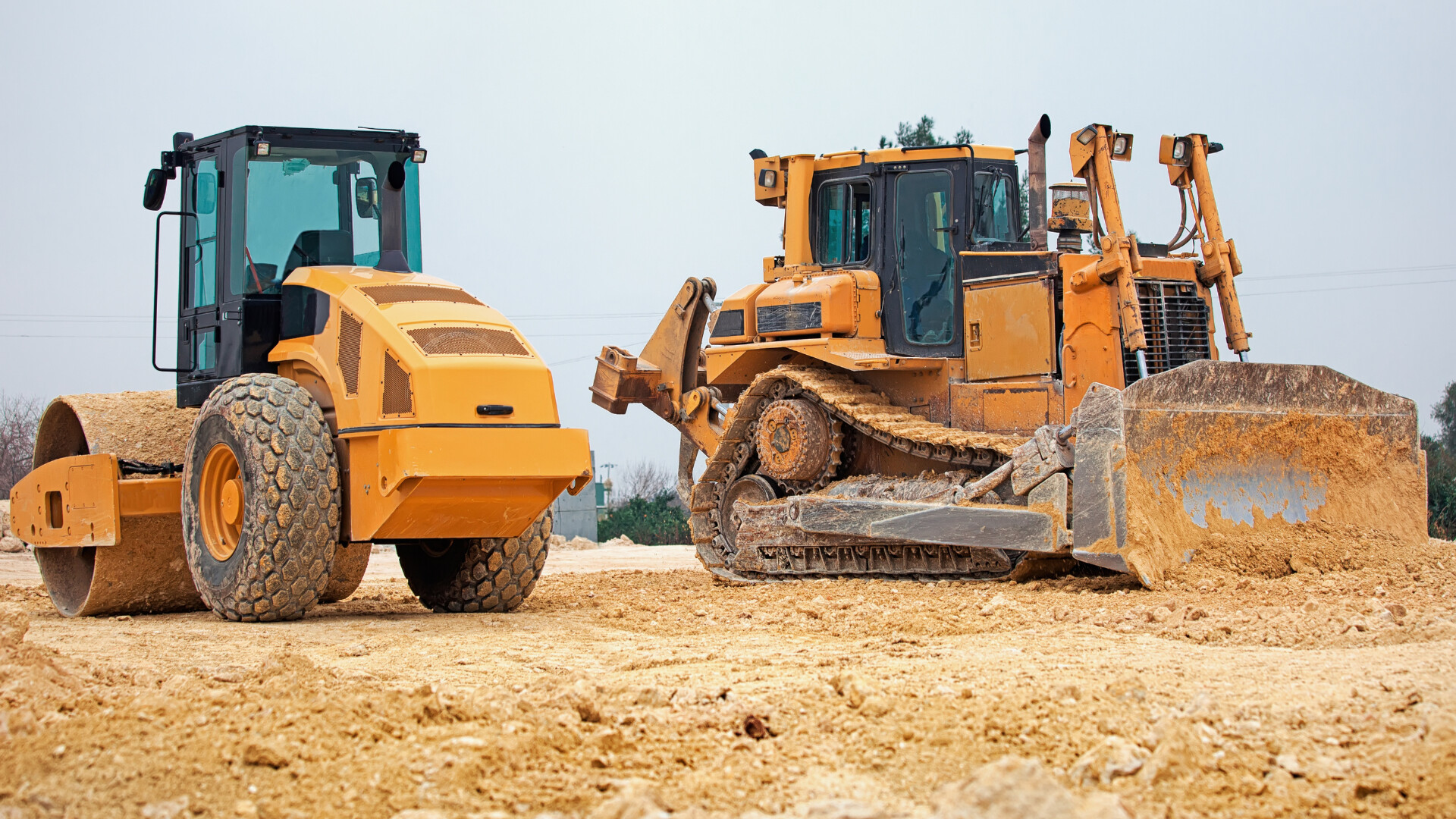
Safety Tips for Construction Equipment Operators
Construction equipment operators play a critical role in the success of construction projects. However, due to the nature of their work, they face significant risks while operating these heavy machines. Safety must be a top priority when using construction equipment to prevent accidents and injuries. In this article, we will provide detailed safety tips for construction equipment operators and explain the importance of liability insurance and why XINSURANCE is the best option for comprehensive coverage.
8 Best Safety Tips for Construction Equipment Operators
- Personal Protective Equipment (PPE)
Wearing personal protective equipment or PPE is a fundamental safety practice when using construction equipment. PPE includes gloves, safety glasses, boots, and hard hats. These items can protect you from a variety of hazards such as dust, noise, falling debris, and slips, trips, and falls. Each piece of PPE serves a different purpose, and it is crucial to choose the right type of PPE for the job.
For example, when operating a backhoe, you should wear steel-toed boots to protect your feet from being crushed by heavy equipment or objects. Safety glasses can protect your eyes from dust or flying debris, and hard hats can keep you safe from objects falling from above.
- Equipment Inspection and Maintenance
Before using construction equipment, you must conduct a thorough inspection to ensure that it is in good working condition. Inspecting the equipment can ensure that there are no broken or missing parts, leaks, or other flaws that could lead to accidents. It is best to follow the manufacturer’s maintenance schedule to keep your machinery operating safely and efficiently.
By performing regular maintenance and inspection, you can minimize downtime and prevent large-scale repairs that could lead to additional costs for your business.
Regular maintenance and inspection can also help prevent equipment malfunctions that could lead to accidents and workplace injuries.
- Operator Training and Certification
Construction equipment operators need to be adequately trained and certified to operate heavy equipment safely. Without proper training, the operator may not be able to identify hazards, which can lead to accidents and injuries.
Training programs for construction equipment operators include classroom instruction and hands-on experience. The classroom instruction covers safety regulations, operating procedures, and equipment maintenance. Hands-on training focuses on using the equipment safely and efficiently.
Ongoing training and certification ensure that operators are up-to-date on the latest safety techniques and equipment modifications or updates.
- Communication and Collaboration on the Job Site
Clear communication is critical for safety on the job site. Operators, workers, and supervisors must communicate effectively to ensure everyone’s safety. They must communicate to avoid confusion and ensure that the construction project runs smoothly.
In addition to proper communication, collaboration among workers is also crucial. Every worker has a different role and responsibility, and it is essential to work together to ensure the collective safety of everyone on the job site.
- Operating Procedures and Best Practices
Different construction equipment has varying operating procedures and safety measures. Therefore, it is essential to follow the recommended operating procedures and practices for each piece of equipment. Furthermore, safety measures should be taken not only while using the equipment but also when operating in the construction area.
For example, backhoe loader operators should be aware of the vehicle’s swing radius and avoid working too close to other objects or people. Additionally, operators should use a spotter when backing up the machine to avoid accidents.
- Safety Measures for Working at Height
People’s safety when working at a height must be considered, whether using equipment such as scaffolding, ladders, or elevated platforms. Accidents frequently happen due to improper use or lack of safety measures. Therefore any equipment used while working at height should be thoroughly inspected to ensure it is in good condition.
Additionally, it is advisable to use fall protection equipment when working at height. Equipment such as safety harnesses must be correctly fitted to help reduce the risk of serious injury.
- Emergency Preparedness and Response
Emergencies may arise while operating construction equipment, hence the importance of developing emergency response plans. Emergency response plans should include action steps in case of an accident, malfunction, or injury to anyone on the job site.
Developing emergency plans will help everyone on the job site to stay safe and ensure that minor injuries do not develop into major ones. Employees should be trained and well-versed in emergency response protocols.
- Importance of Liability Insurance
Construction equipment rental companies and operators must consider having liability insurance, which is a crucial safety net that covers them in case accidents happen during the course of their work. Liability insurance can help protect you in the event of an accident, incident, claim, or lawsuit. It’s important to understand that traditional insurance may exclude coverage for lines of business deemed too risky.
XINSURANCE specializes in providing customized insurance solutions for businesses and individuals. We have a team of experts who can customize an insurance plan that fits your specific needs. XINSURANCE offers general liability, personal liability, professional liability, property coverage, commercial auto liability, equipment rental liability, and much more.
Follow These Tips When Operating Construction Equipment
Using construction equipment safely can prevent accidents and ensure that construction projects run smoothly. Construction equipment operators must always wear personal protective equipment, do regular equipment inspections and maintenance, get proper training and certification, maintain communication and collaboration on the job site, follow manufacturer instructions for operation, and have an emergency response plan in place.
On top of all of those safety measures, liability insurance is crucial. With XINSURANCE, you can get a customized insurance solution that fits your specific needs. Don’t settle for cheap insurance or a policy that leaves you exposed; choose XINSURANCE for true peace of mind and a partner that stands by your side.
Head over to our Construction Equipment Rental Insurance page to learn more and to request a quote.

